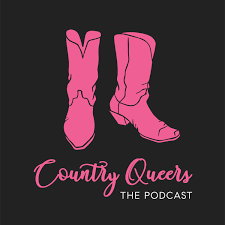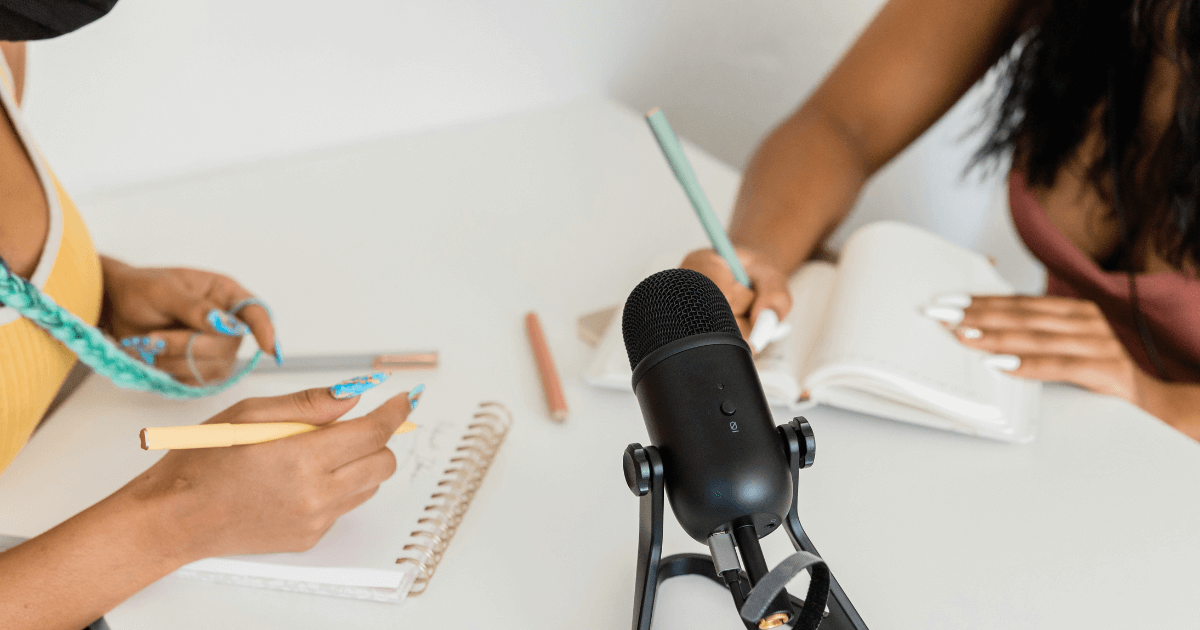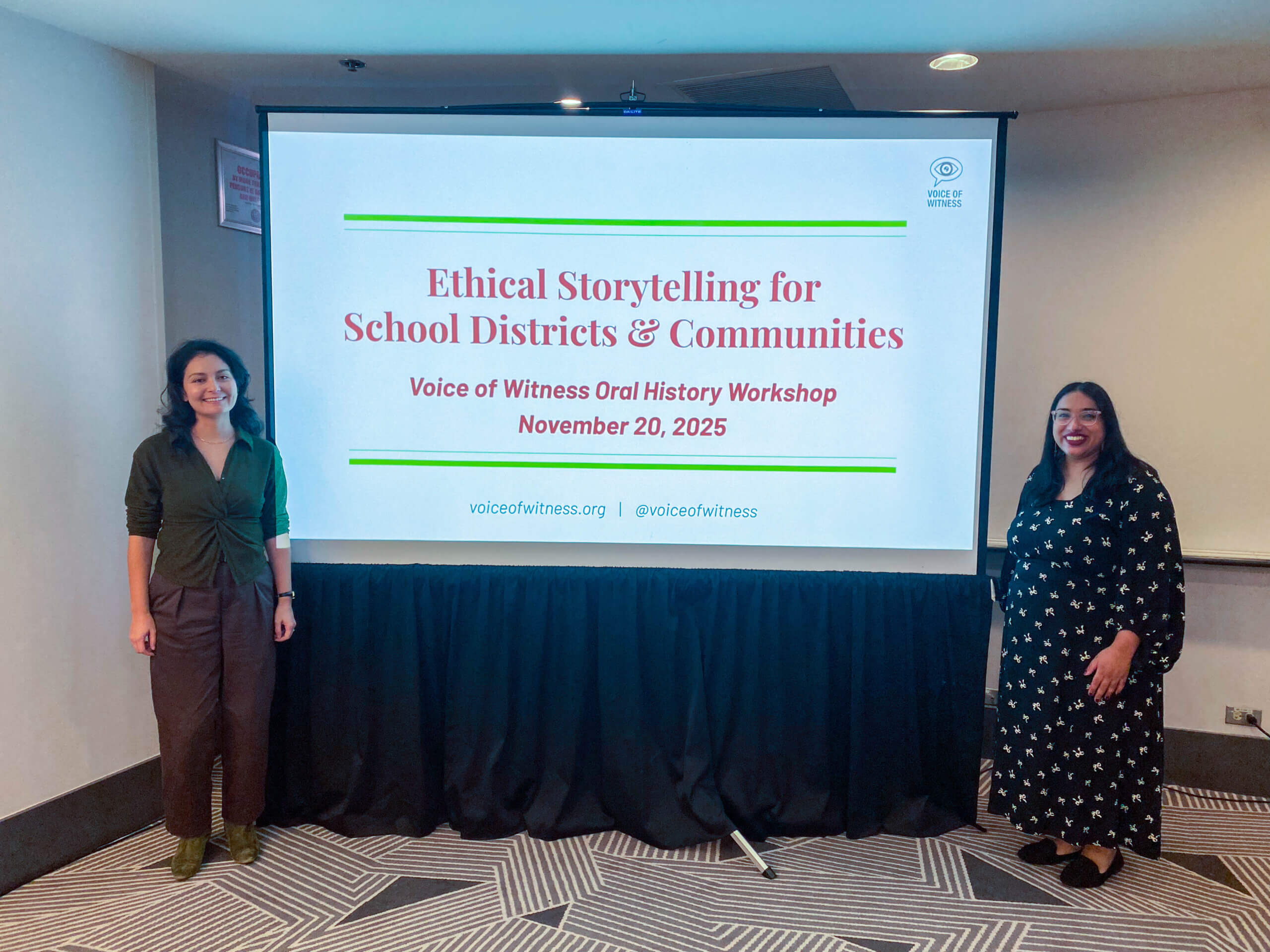As part of the Oral History in Practice event series, Voice of Witness (VOW) hosted a webinar in conversation with Rae Garringer about their multimedia oral history project Country Queers.

When the project began in 2013, Rae noted that there wasn’t much positive representation of rural queerness. While they felt a profound connection with their home, they also felt personal and political isolation. Country Queers was born out of the need to meet and connect with rural and small town queer and trans people, and in the decade since it has expanded to include over 90 oral histories, a podcast, a gallery exhibit, and a book coming out in October (order here!). Rae was also a pilot fellow in the Voice of Witness Storyteller Initiative. In addition to fostering community, the project aims to preserve rural LGBTQIA2S+ histories, complicate ideas about who and what make up rural spaces, and push back against the narrative that queer people can only thrive in metropolitan spaces.
In the conversation, VOW’s Dao X. Tran and Rae discussed oral history processes, formats, and the importance of authentic, nuanced storytelling.
Reflections and Insights:
- Oral history is time-consuming work. In contrast to the ethos of “move fast and break things,” the speakers talked about the value of “moving slow and healing things.” Investing in relationships to build trust, mutual respect, and collaboration is key to ethical storytelling. Rae noted that slow conversations are also part of rural culture, making oral history the perfect medium for Country Queers.
- Whose perspective gets shared? Many stories about rural life are written by outsiders who come from a city already knowing what they want to write. Projects by outsiders often don’t capture the nuance of rural lives and, due to preconceived expectations and monolithic stereotypes, don’t make space for queerness or intersectionality. Local, community-based projects don’t always get the support they need. Rae noted that projects like Country Queers are a lot of work and “without funding for a long time, it’ll take a toll.”
- Honoring the wholeness of narrator experiences. When starting Country Queers, Rae originally felt like they had to ask about and focus on difficult experiences. But interviews can be much more intimate, nuanced, and rewarding when following the narrator’s lead. When Rae started to “ask about joy, ask about humor, ask about celebration,” they got a more complete picture of the narrator’s life. It created space for agency, authenticity, and complexity in addition to any potential trauma or hardship.
- Avoiding large generalizations. By amplifying LGBTQIA2S+ voices, Country Queers disrupts hetero- and cis-normative assumptions about rural life. Even then, it’s important not to generalize rural queer experience. Gender, race, and class can impact the experiences and perceptions of queer people; Rae noted that they’ve witnessed more acceptance or space for gender-nonconformity among white women or people than for queer and trans people of color or men who don’t conform to normative masculinity, for example. The Country Queers project aims to resist the narrative that rural communities are monolithic.
- How the medium affects the project. The original dream for Country Queers was a book with photographs, which will become a reality this October. At the time, Rae turned the project into a podcast because it was more accessible, feasible, and fast. A podcast also can showcase a narrator’s authentic voice and rich audio soundscapes. However, the format requires making difficult cuts to a lot of interview material and can’t visually depict the narrator’s physical space. The project went through many permutations over the years with differing benefits and challenges to each format. Ultimately, the combination of oral, textual, and visual mediums honors the narrators’ stories in a dynamic way.
Learn more about Country Queers and order the new book here.
Watch the full webinar recording:




